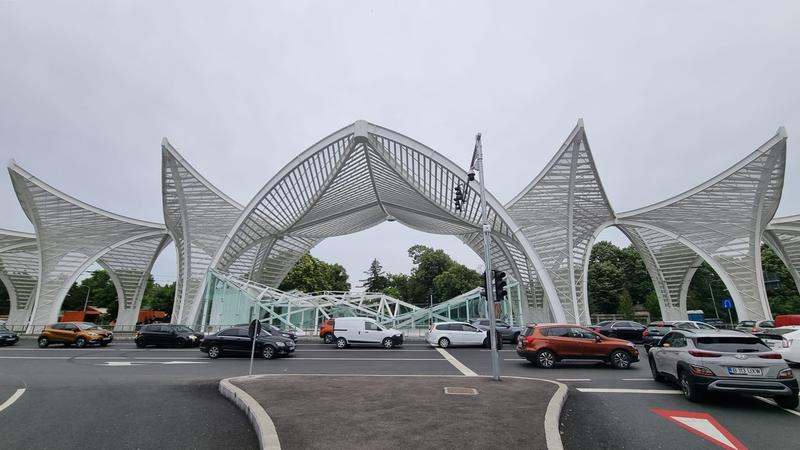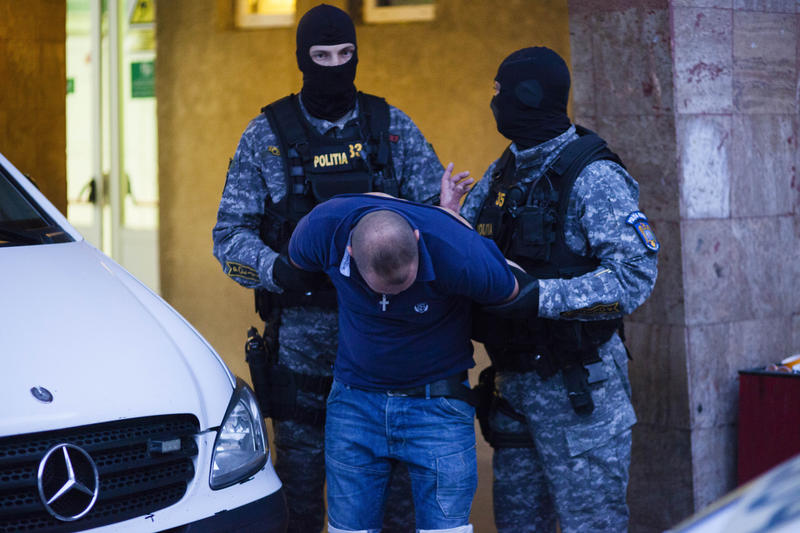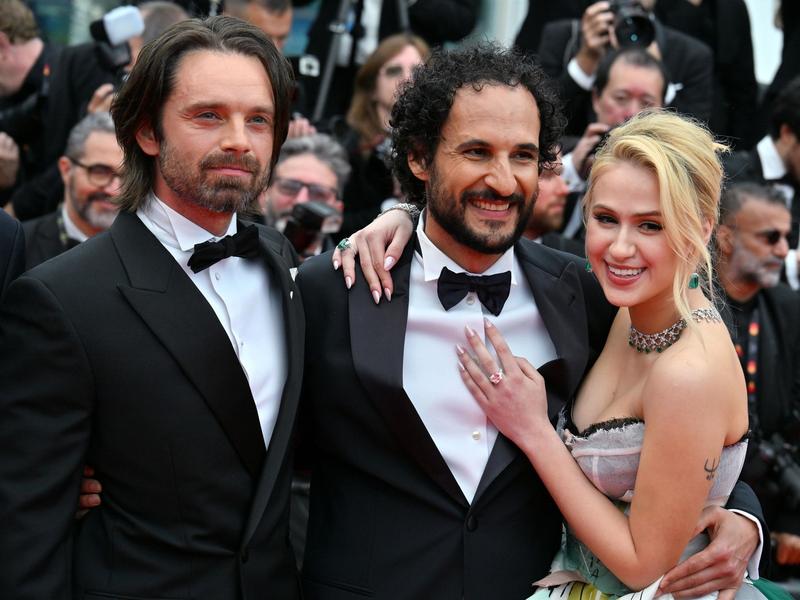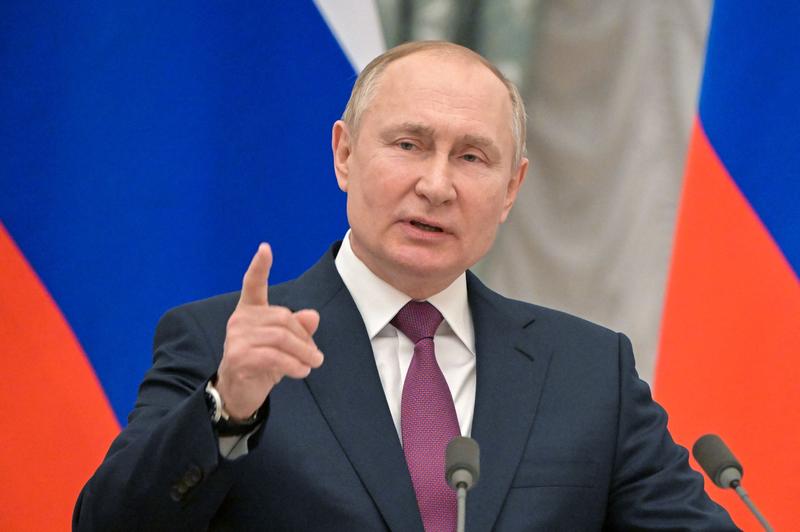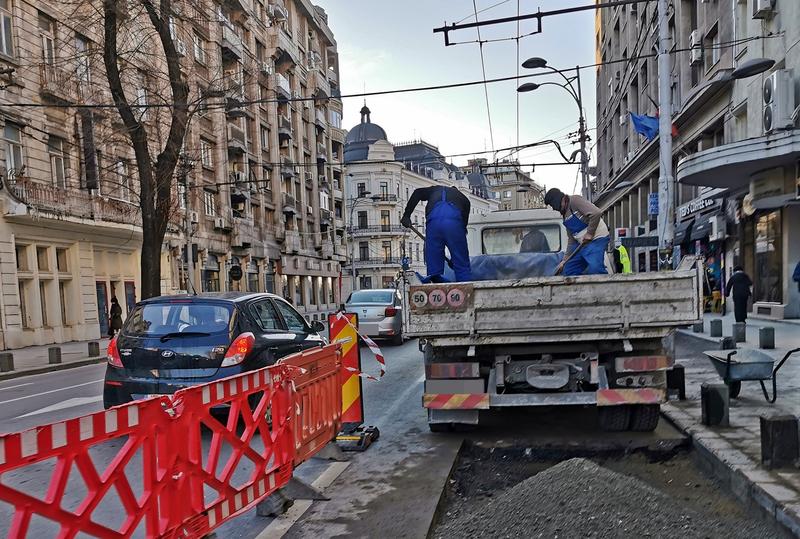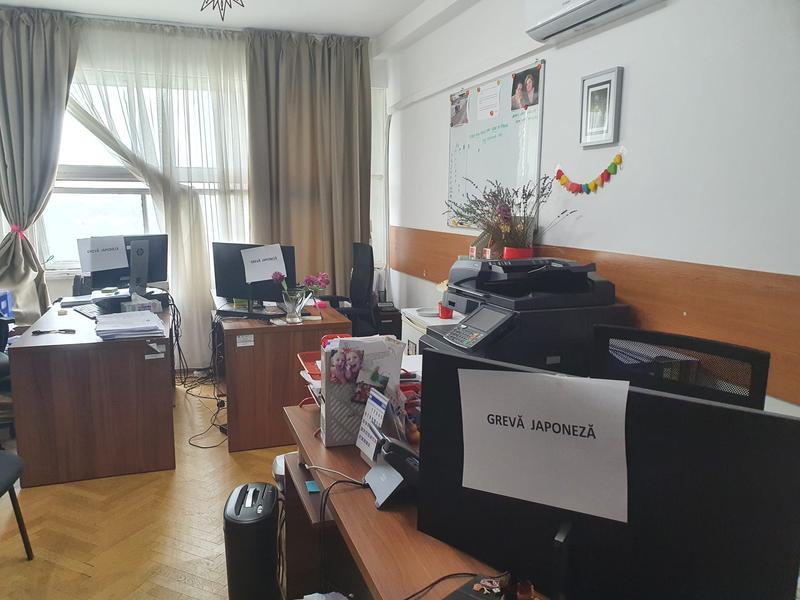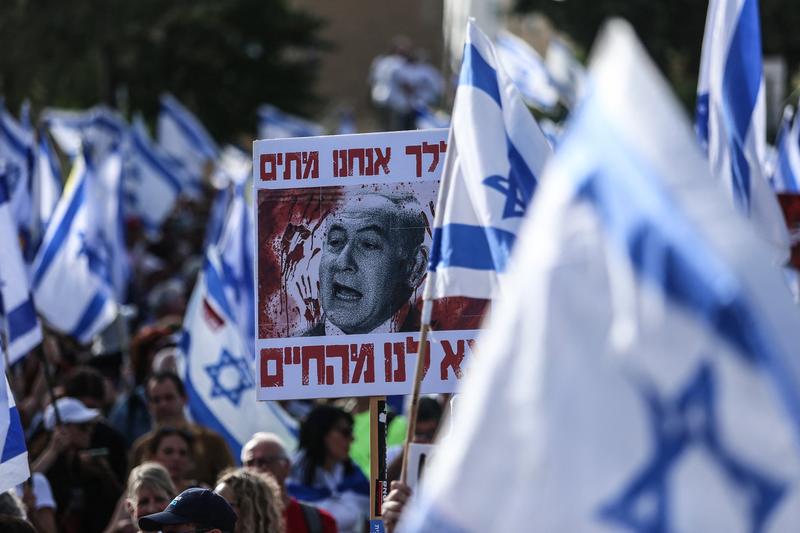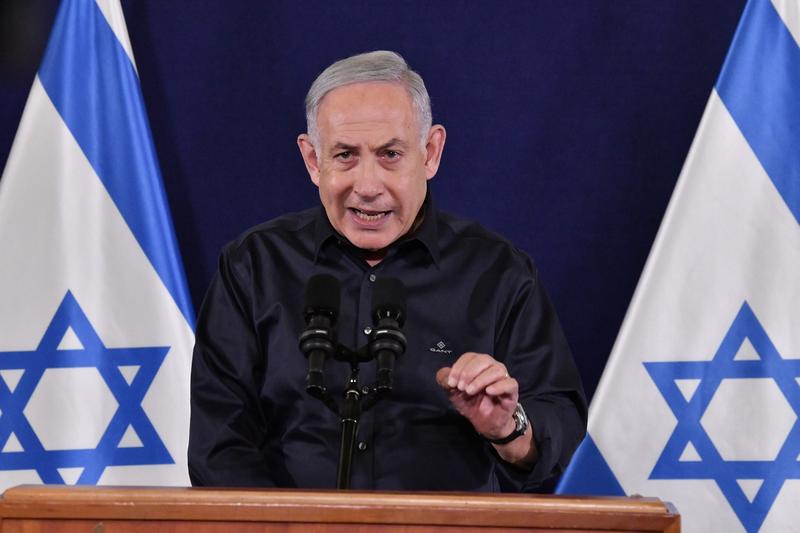I had once the opportunity to collaborate directly with Judge Cristi Dănileț, at a debate organized by ELSA, Bucharest: "How do we read the CNSAS documents? Do historians need jurisprudence?". The debate started with art. 253 paragraph. 1, respectively art. 163-165 of the (old) Penal Code, in particular the case of the conviction of the historian of religions Ioan Petru Culianu in 1974, two years after his leaving the country. We therefore met on 17 December, Stoicescu Hall of the Faculty of Law, University of Bucharest. In fact, the judge contributed a very substantial excursus on the subject. The debate was attended by researchers from the Romanian Academy (Institute of the History of Religions), CNSAS and Cristi Dănileț - judge, at that time member of the CSM [National Council of the Magistracy]. I was trying, at all costs, to understand whether Culianu's conviction, handed down by a Military Tribunal in 1974, was correct given the Romanian-American trade agreements of 2 April 1974 as well as the agenda of the negotiations, which included humanitarian issues, more related to free movement and migration. The U.S. President called on Congress, and on April 24, 1974 he sent a legislative package that included granting the clause to Romania. In 1975 the US Congress passed the Jackson-Vanik amendment and it was considered as a criterion for granting the clause, but I will not insist on this subject. It was just a pretext to open a debate and an evaluation of a conviction that deeply affected Culianu's family, even the destiny of the historian of religions. After all, Culianu was assassinated first and foremost for his incisive views in support of an authentic democracy in Romania, not one that kills without legitimacy even its Archons, as he wrote in his essays published in the US exile magazines Agora and Lumea Libera.

Back to our prevailing subject, I first met Judge Dănileț at the Social Dialogue Group (GDS), at a conference, the most long-standing non-governmental organization, of which Ioan Petru Culianu was also an active member in its early days. Not only an NGO dedicated to monitoring democracy in Romania, but also the most serious representative of civil society. Thus, a pro-modernization organization of Romania, pro-civil rights, pro-values of the rule of law. I have never wondered, rightly, why a judge member of the CSM should feel an exception to the rule of law for having participated in the GDS events, given his strong voice to build and rule of law in the young democracy and modernization of the Romanian state. All the while, as a historian, I congratulated him for not remaining silent within the walls of his solicitous and difficult profession and mission at the CSM. After all, there were many of us who looked up to him and others like him, at the time, with the greatest admiration. Even his telephone, I believe, rang incessantly at the time, not to mention the journalists and media who courted him in view of his eloquence and firmness in expressing democratic values combined with justice reform(s). If the CSM was not the reform body and its members, then who could it have been?
Citeste continuarea pe Contributors.ro
